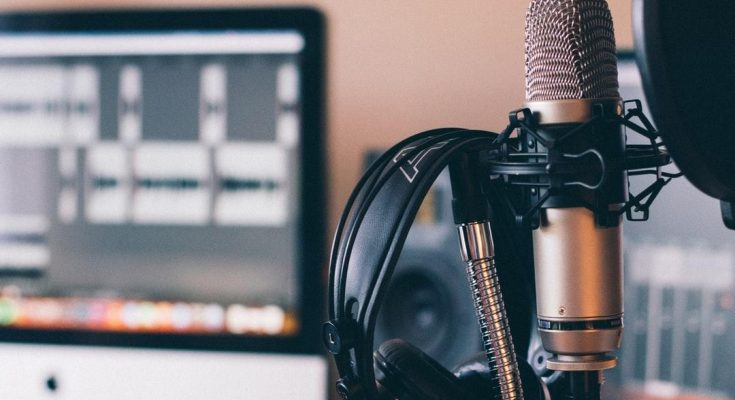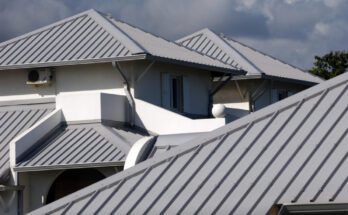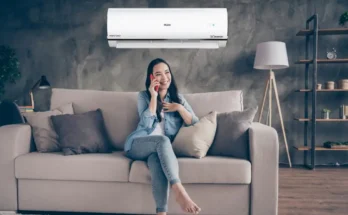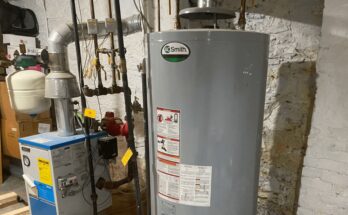Podcasting is one of the most effective ways for businesses to attract new customers, generate leads, and boost engagement.
If you have completed some initial research, you likely have an idea of what recording equipment you need. But if you are still unsure, read on.
Here is a quick guide on what to look for when buying podcast equipment. Keep reading!
Microphone Types
The type of microphone you choose for your podcast business will heavily influence your sound quality.
There are different types and configurations to choose from. Check these tips in choosing the best microphone for your podcast setup.
Optimizing Your Space for Recording
It is important to consider the physical space you will be using for your podcast studio.
If you are recording in a smaller room, a dynamic microphone is ideal. If you are recording in a large room with dampening sound-absorbing materials, a condenser microphone might be preferred. It is more sensitive and can capture a larger range of sound.
There are other factors to consider. These are the quality of the microphone, cost, size, and portability. But the most important thing is to choose a microphone that best fits your space. Also, consider the support and the kind of sound quality you want to achieve.
Dynamic vs Condenser Microphone
Deciding between a dynamic microphone and a condenser microphone ultimately comes down to the environment and budget. Dynamic microphones are usually cheaper and require less power supply, and are better suited for environments that are quite noisy. They are ideal for broadcast and live events.
On the other hand, condenser microphones often provide a richer, more detailed sound. These mics require more power and are more delicate than dynamic, and can be used for podcasting and voice-over recordings. They are also better for picking up high-frequency sounds, such as vocal nuances.
The choice comes down to what the individual requires. It also depends on the environment and budget.
Consider Connection Type
When choosing a microphone for podcasting, consider the type of connection.USB and XLR are the two most common types of microphone connection.
USB microphones offer plug-and-play convenience and are often the most affordable. They don’t need special drivers or adapters and are easy to set up.
An XLR microphone requires an audio mixer or audio interface to get it to your computer. However, they generally provide better sound quality and are more durable.
A combo option, such as USB/XLR combo microphone, includes both connection types, so you can switch between them without having to buy two different mics.
Recording and Editing Software
Recording software allows podcast creators to capture and record their music, audio files, and podcasts. Editing software allows the creator to edit, mix, and shape the audio.
The best recording and editing software will offer features such as multi-track recording, sound effects, and audio mixing. They should also provide support for a wide range of audio formats, allowing the creator to easily export their recordings.
The software should offer support for a variety of plugins and effects, allowing the creator to customize the sound of their podcast.
Headphone Monitoring
When shopping for podcast equipment, it is important to consider headphone monitoring. This is an integral part of producing high-quality audio recordings. Headphone monitoring allows the podcaster to hear audio signals from their microphones and make adjustments in real-time to optimize sound quality.
This can be achieved through two primary components. These are the monitor controller and headphones. Monitor controllers provide the ability to adjust a variety of aspects of the signal. Key features to look for when shopping for a monitor controller include low latency and compatibility with other devices.
For headphones, look for models that have high sound clarity. Also, look for good isolation and comfort. Having quality headphones ensures that the signal is accurately monitored. This provides optimal sound adjustment capabilities without sacrificing the listener experience.
Portable vs Stationary Equipment
When it comes to buying podcast equipment, the type of equipment you should choose is largely based on your needs and your budget.
Portable equipment is great if you travel regularly and need to be able to set up your podcast easily and quickly. Look for lightweight laptops, interfaces, and microphones that are specifically designed for podcasting, as they will provide higher quality in a smaller package. Look for equipment with all necessary connections in the same box, ensuring high mobility and eliminating the need for extra cables.
If you are recording from the same place each time, stationary equipment may be the best choice. Invest in a laptop or computer that you can leave in the place of recording and quality recording equipment. Look for a USB interface and condenser microphone to provide higher sound quality, and try out several different microphone models to find one that suits your needs best.
Balance of Investment for Podcast Gear
You should always consider the balance between the cost and quality of the gear. Of course, the budget should also be taken into account. Those who are new to podcasting should look for equipment that is both affordable. It should also be easy to use and of good quality.
Mid-range models are a good choice as they provide optimal features for recording. If money is not a problem, higher-end models may provide better quality. But it can be difficult to justify the extra expense for a beginner.
Computers and audio production software can also be expensive. Always research and read reviews before making your final purchases.
Be Smart in Choosing Your Podcast Equipment
Overall, when it comes to buying podcast equipment, you need to consider sound quality, budget, convenience, and ease of use while also taking the size of your operation and technical proficiency into account.
Use these points to make sure you are getting the most out of your purchase. To get started, check out reviews and resources online to see what other podcasting professionals recommend.
If you find this article educational, make sure to browse our blog for more interesting reads!



